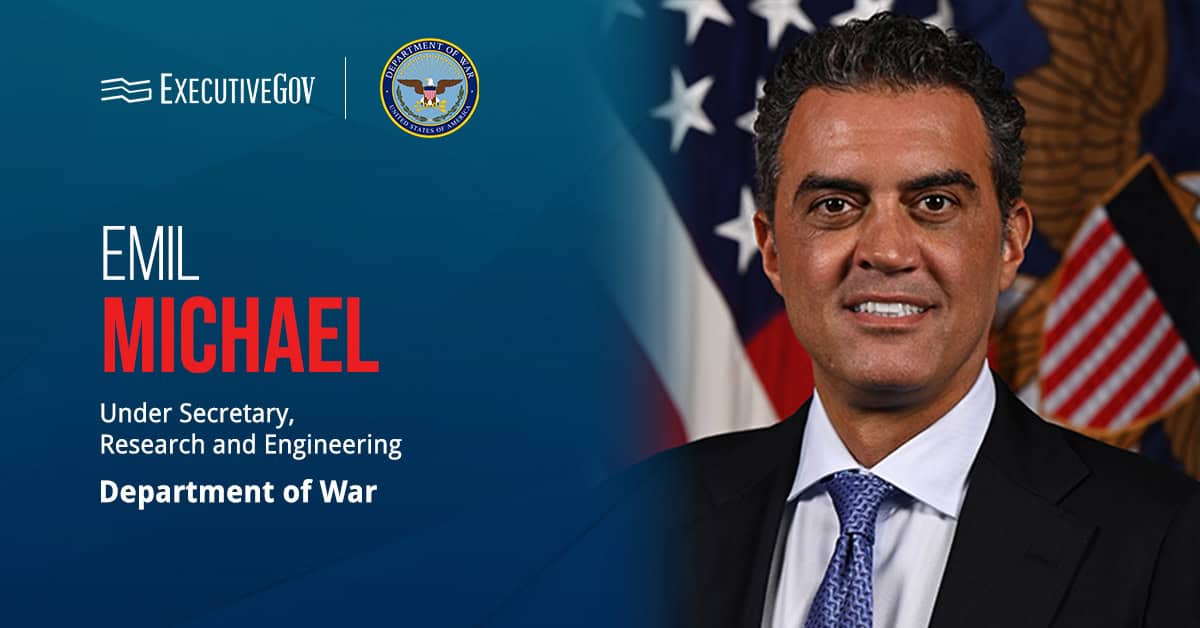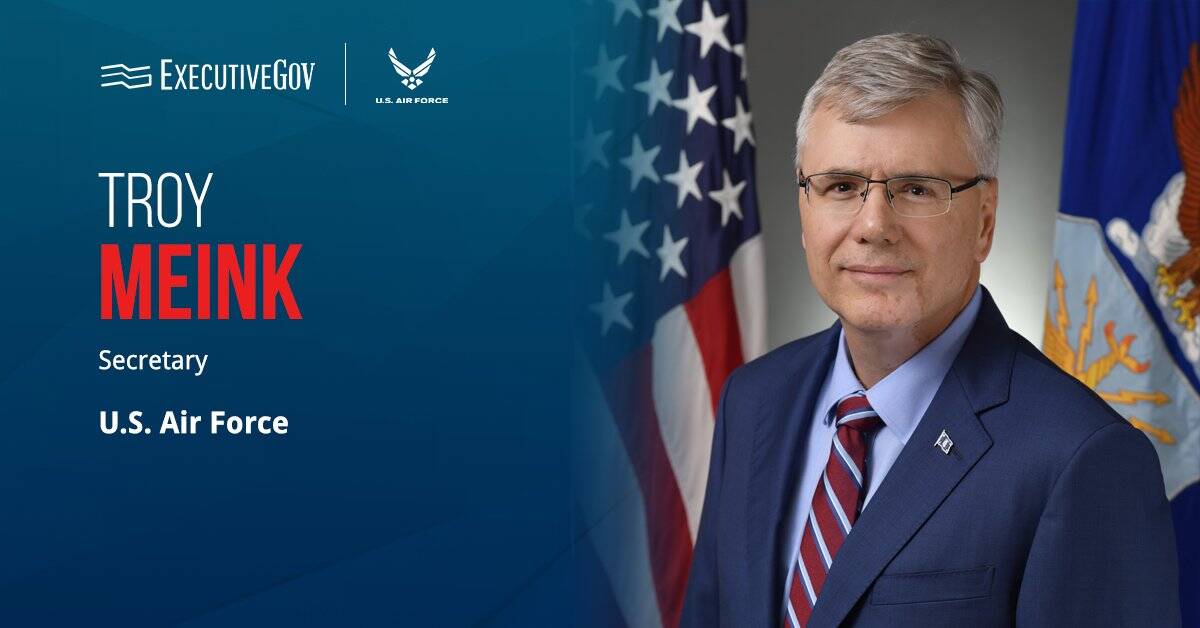
The Federal Communications Commission intends to propose an initiative that will work to provide telehealth services to U.S. military veterans and low-income communities.
The Connected Care pilot program will help the agency gather data on connected care services and validate low-cost patient internet broadband services’ effects on healthcare delivery, the Office of the Federal Register said Tuesday.
The agency envisions to help healthcare providers engage with low-income communities through telemedicine technologies and assist medical responders in handling various health concerns from heart diseases to cancer.
FCC intends to run the program within the U.S. Air Force for three years under an estimated budget of $100M to support eligible healthcare providers. In addition, the agency looks to fund 20 projects with $5M each as part of the effort.





